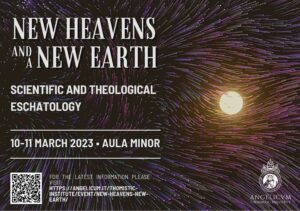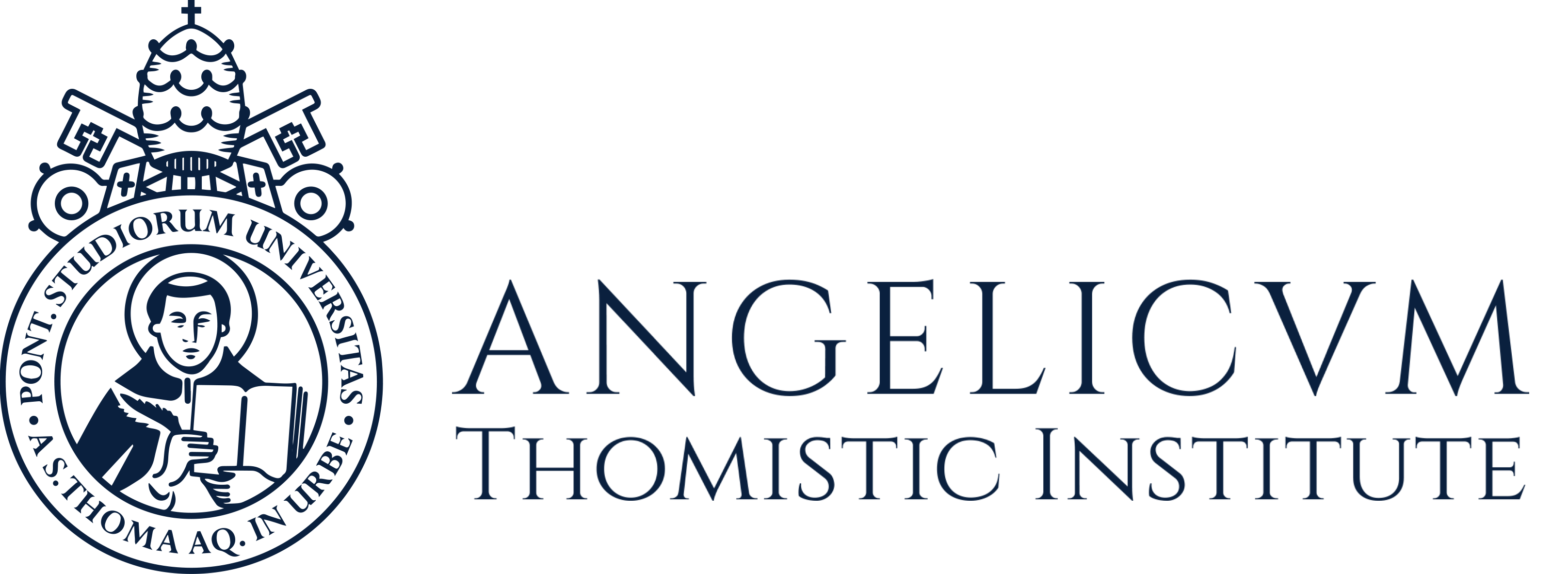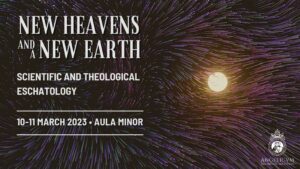Heliocentrism, A Forbidden Idea? Copernicus, Aristotle, and Early Modern Censorship
Nuno Castel-Branco
Harvard University Center for Italian Renaissance Studies
When Nicolaus Copernicus published the De revolutionibus orbium coelestium (1543), the heliocentric theory did not seem to cause serious problems. Copernicus dedicated his work to the Pope and even wrote that there was a bishop and a cardinal among his main supporters. Ninety years later, the famous Galileo affair happened, and another Pope prohibited the circulation of Copernicus’ book. How did things change so radically? The answer to this question is not the simple and unhistorical conflict between science and religion. Instead, history was much more complex. At the crux of the problem, there was an apparent philosophical incompatibility between Copernicus and Aristotelian physics. This talk introduces the most recent scholarship on the reception of Copernicanism among natural philosophers. It also explains the changing dynamics of censorship in early modern Europe.
Nuno Castel-Branco is a historian of science at Villa I Tatti, the Harvard University Center for Italian Renaissance Studies. Next fall, he will start a Postdoctoral Research Fellowship at All Souls College, Oxford University. He has an M.Sc. in Physics from the University of Lisbon and completed a Ph.D. in the History of Science at Johns Hopkins University in May 2021. He is writing a book on the intersection of mathematics, the life sciences, and theology in the work of the seventeenth-century anatomist Nicolaus Steno. His research has been sponsored by various institutions in Europe and the United States, such as the Fulbright Foundation and the Max Planck Institute for the History of Science. Nuno has written for academic and popular audiences in journals like Renaissance Quarterly, Wall Street Journal, and Scientific American.
Related Content



